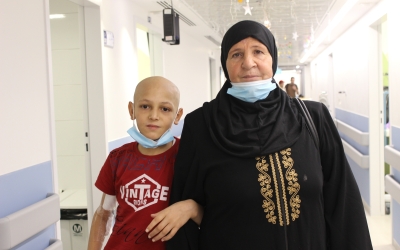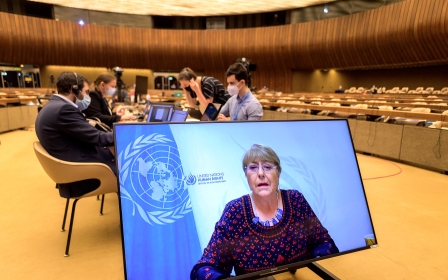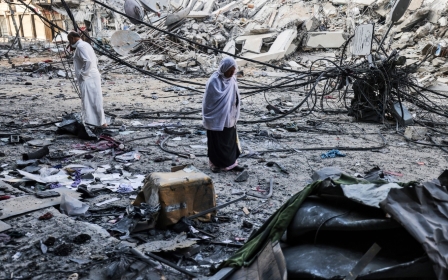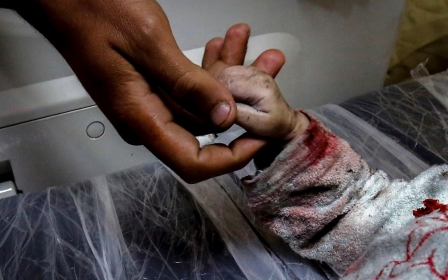Israel crossing closures leave Gaza unable to rebuild after conflict
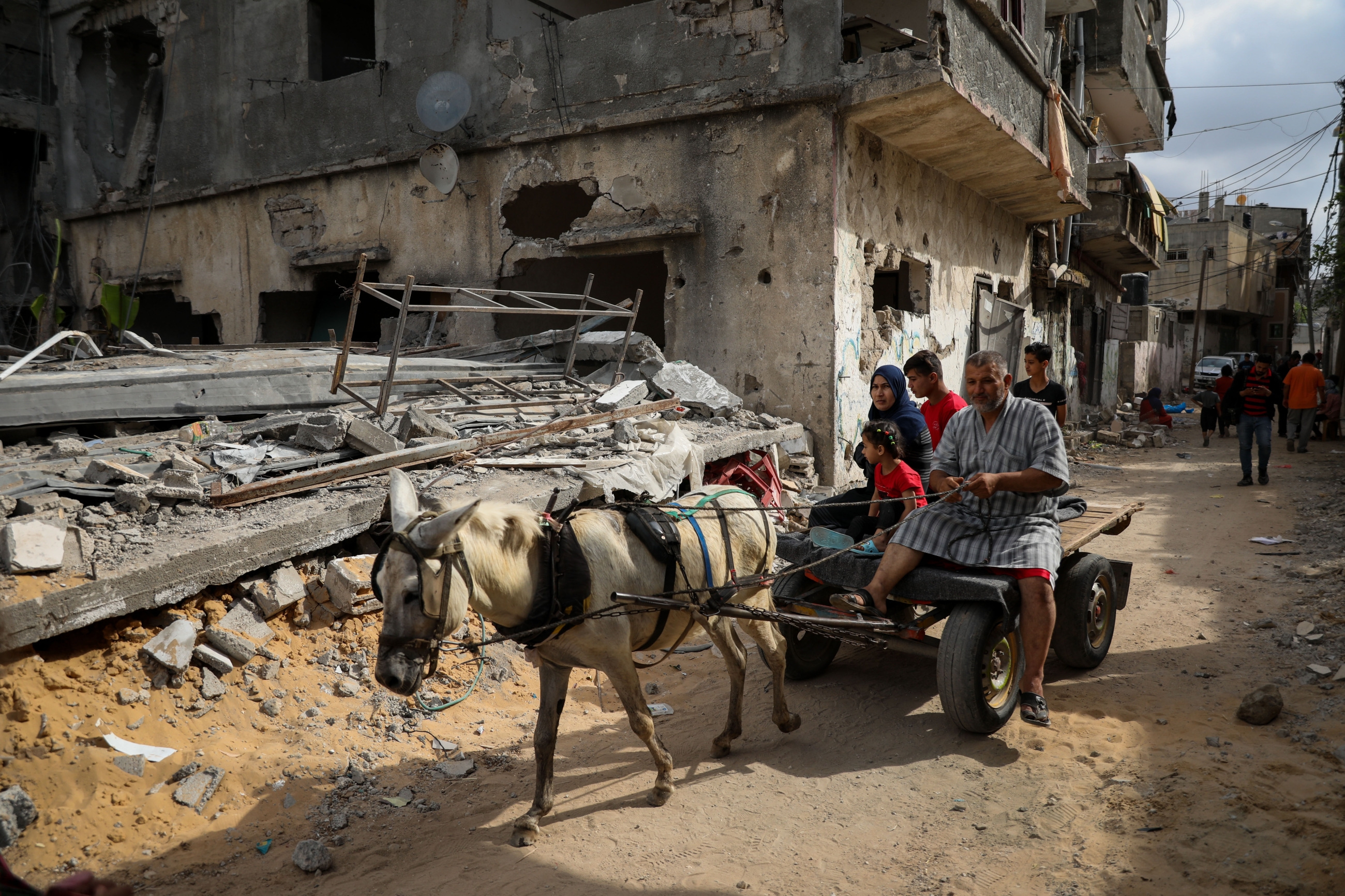
The Gaza Strip continues to face shortages as Israel blocks the entrance of some essential materials into the besieged enclave nearly two weeks after the Palestinian Hamas movement and Israel agreed to a ceasefire to end hostilities.
Israel's eleven-day bombardment of the Gaza Strip earlier this month killed at least 248 Palestinians, including 66 children, according to the Gaza health ministry. Meanwhile, some 12 people in Israel were reportedly killed by rockets launched from Gaza.
Since a ceasefire was announced on 20 May, thousands of Palestinians inside Gaza continue to be internally displaced after their houses were destroyed and rendered uninhabitable by Israel air strikes.
Figures released by the United Nations Office for the Coordination of Humanitarian Affairs (OCHA) noted that 800,000 Palestinians in Gaza currently have no access to water, with electricity now restricted to around five hours a day due to a lack of fuel.
OCHA added that Israeli bombardment fully destroyed 1,148 housing and commercial units and damaged 1,026 housing and commercial units across the Gaza Strip.
Despite the level of infrastructure damage in the besieged enclave, Palestinians in Gaza still face difficulties rebuilding, as the Israeli-controlled Kerem Shalom and Erez crossings remains closed for the entrance of building material.
Earlier on Monday, Israeli newspaper Haaretz reported that Palestinian cancer patients are still barred from entering Israel to receive treatment following the recent flare-up in violence.
Israeli authorities allowed fishing off the Gaza coast to resume last week, but restricted sailing to six nautical miles from the shore, affecting over 50,000 Palestinians working in the fishing sector, according to the UN.
Talks with Egypt
Egyptian officials held high-level talks with Israel on Sunday to allow materials, electricity and fuel into Gaza.
Egypt's state-run MENA agency said Egyptian Foreign Minister Sameh Shoukry would convey a message from President Abdel Fattah el-Sisi to Palestinian President Mahmoud Abbas.
Cairo has offered guarantees that rebuilding funds would not find their way to Hamas, with the money going through an international body led by Egypt or the United Nations, which would oversee spending.
The latest round of violence marked the fourth large-scale military offensive to devastate Gaza since it was placed under a blockade led by Israel and upheld by Egypt nearly 14 years ago. Humanitarian organisations have long warned that the Palestinian enclave reached the threshhold of uninhabitability in 2020.
Middle East Eye delivers independent and unrivalled coverage and analysis of the Middle East, North Africa and beyond. To learn more about republishing this content and the associated fees, please fill out this form. More about MEE can be found here.


